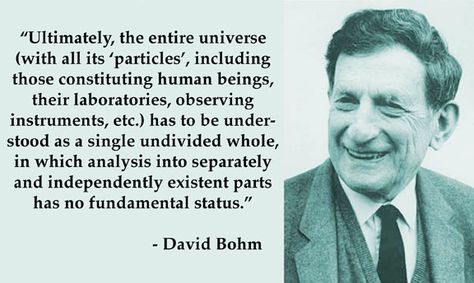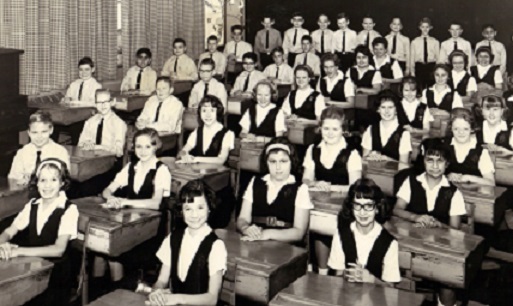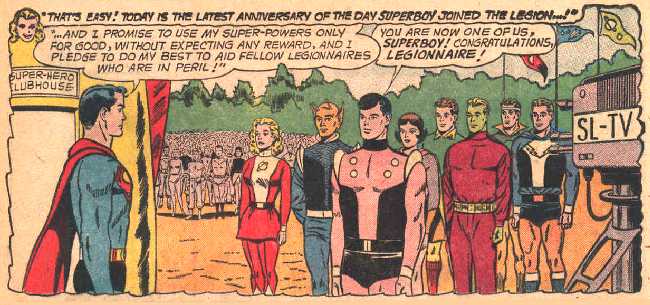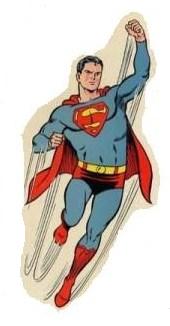|
home | what's new | other sites | contact | about |
||
|
Word Gems exploring self-realization, sacred personhood, and full humanity
Consciousness
return to "Consciousness" main-page
For the "quantum" page, I’d been reviewing the book, Infinite Potential: The Life and Times of David Bohm, by his former student Dr. David Peat, and found myself moved by the following excerpt: secular saint “Unlike other professors [at Princeton], Bohm was noncompetitive in his approach. Once, after Bohm had spent time developing an aspect of his plasma theory, [Eugene] Gross came across a paper on the same topic by the great Russian physicist Lev Landau [publication delayed in the aftermath of war]. Bohm was not at all perturbed … rather, he admired the elegance and incisiveness of Landau’s approach. In Gross’s opinion, ‘Dave’s essential being was then, and still is, totally engaged in the calm but passionate search into the nature of things. He can only be characterized as a secular saint. He is totally free from guile and competitiveness, and it would be easy to take advantage of him. His students and friends, mostly younger... felt a powerful urge to protect such a precocious being.” Infinite Potential: The Life and Times of David Bohm, Dr. David Peat
And I thought, wouldn’t it be wonderful if we could all be like David Bohm? – guileless, not threatened by another’s achievements, humble, open to ideas, just passionately searching for the truth. One of his grad students called him a “secular saint.” This prompted, for me, a series of questions: Would it be helpful to one’s maturity to model one’s life after a fine example such as Dr. Bohm? And then I thought of the RCC sisters serving as teachers in my long-ago parochial school:
Editor’s note: The sisters are often typified in movies and literature as harsh and overbearing. But I did not find this to be the case; instead, most of them were exemplars of kindness, dedication, and service-mindedness. Each of these sisters had adopted a namesake for themselves; often, one of the RCC saints. Doubtless, this allying of oneself to a stellar other was meant to offer a life-time of inspirational upliftment. the superheroes As a boy I was extremely taken by the adventures of Superboy and wished to be like him:
And now we must ask the question, is all of this identification with some external image of goodness efficacious toward personal development? Well, there are worse sins, I suppose. But does it really help us to become a truly good person in our own right? There is some benefit, for sure. A good role model points the way. But, it’s seems to me, not as much benefit as we might think. The problem is, no one can live our lives for us, and what someone else did – some good work, some heroic deed – at best, serves only as sign-marker to us. It points the way, but cannot walk the journey for us. Or, we could think of the inspirational image as “training wheels.”
Training wheels can be a help to get us started, but a day comes when each has to ride that bike under one's own power. The problem with living a surrogate life, in the shadow of some accomplished one, is that this reliance stultifies what we, ourselves, have been given. How do you know that you’re not a “saint” in the making? How do you know that you might not be one to discover or invent some new item of science? How do you know that you cannot be a “hero” to someone? Each of us has been “made in the image” with, as the Spirit Guides say, “unlimited human potential.” But we will never tap this hiddeen reservoir of incredible ability if we ever remain psychologically as a little child living under the protective mantle of a “strong father” figure. This is a large subject, but extremely important to our eternal well-being and growth. See the “true self” page and begin to explore who you really are.
|
||
|
|




